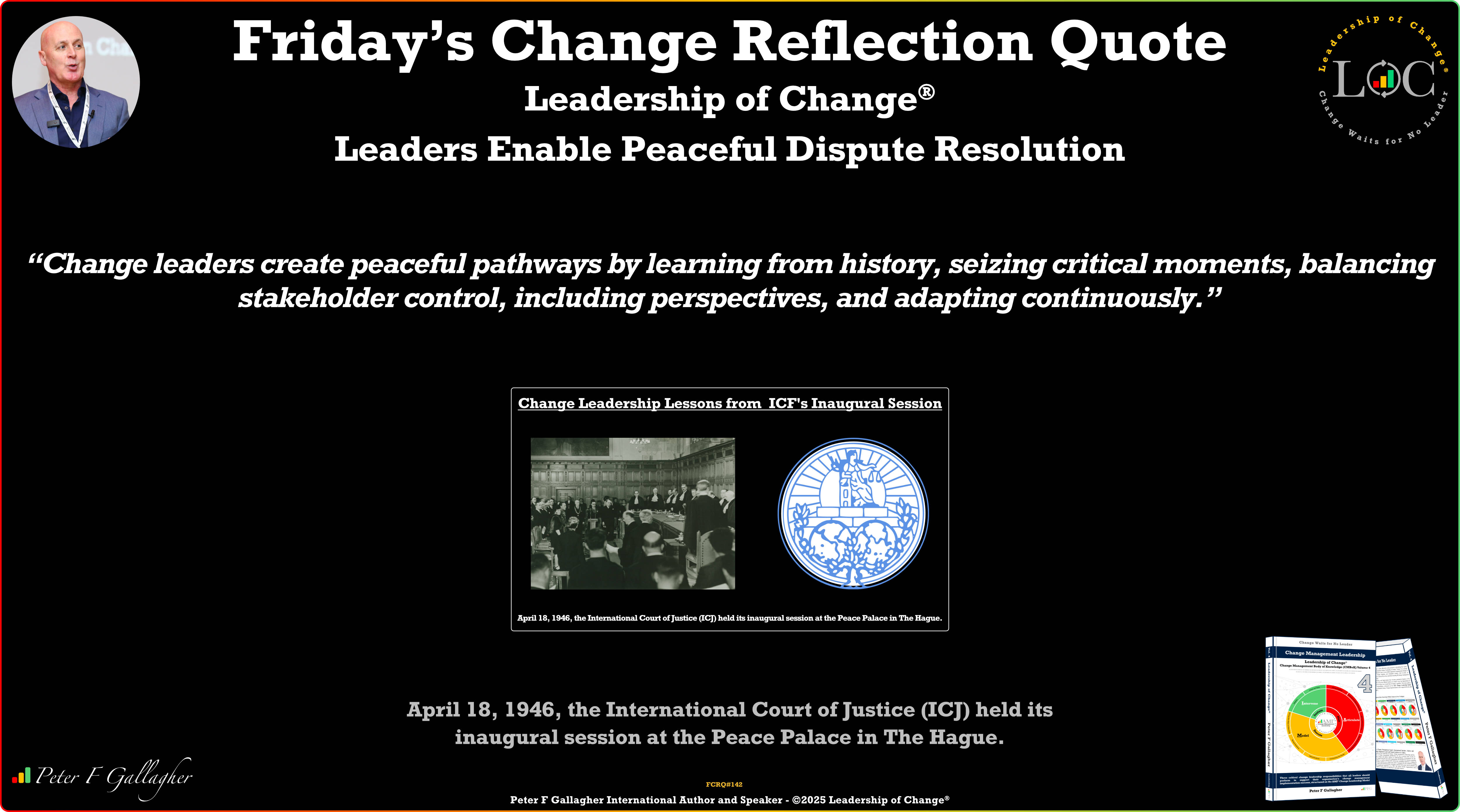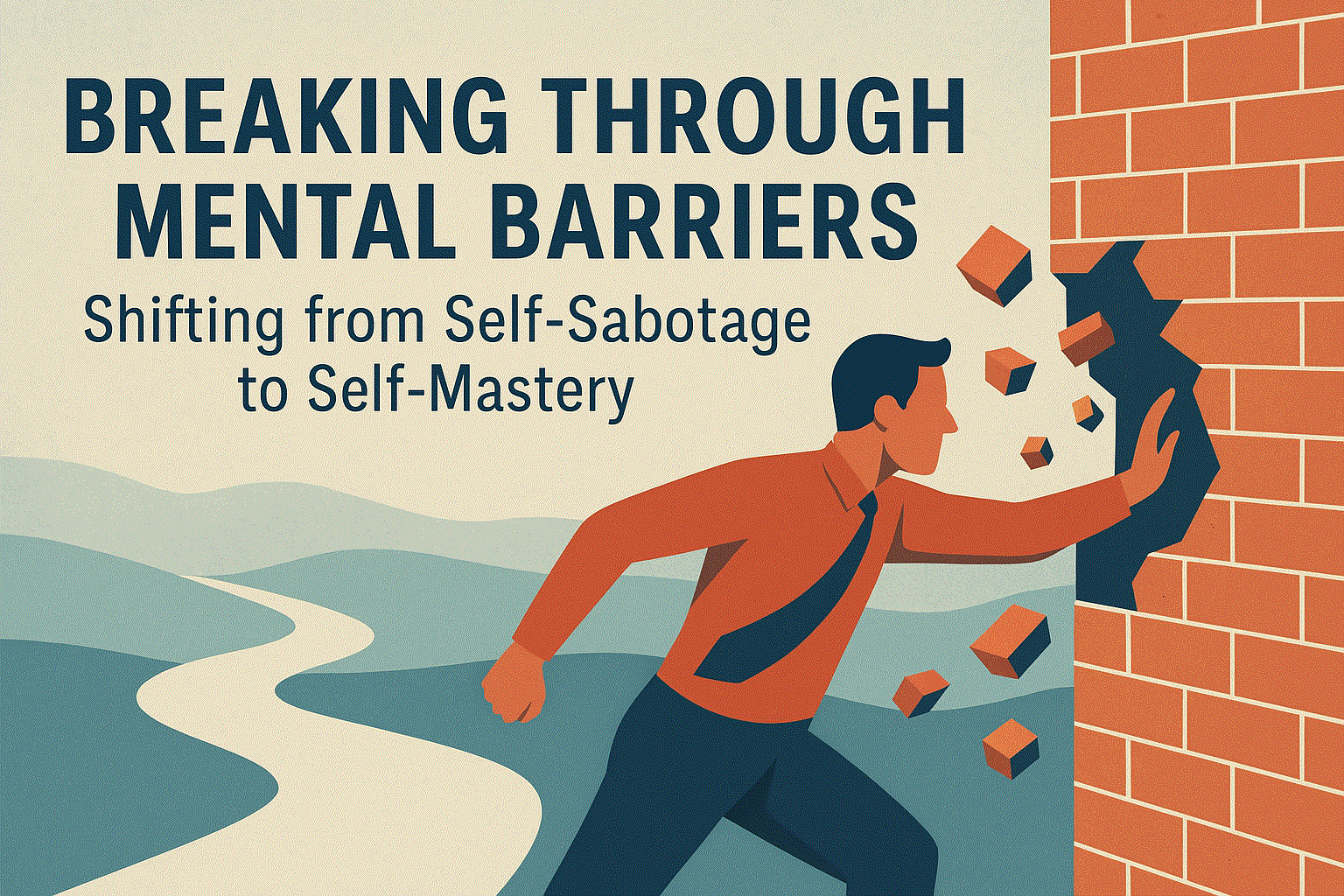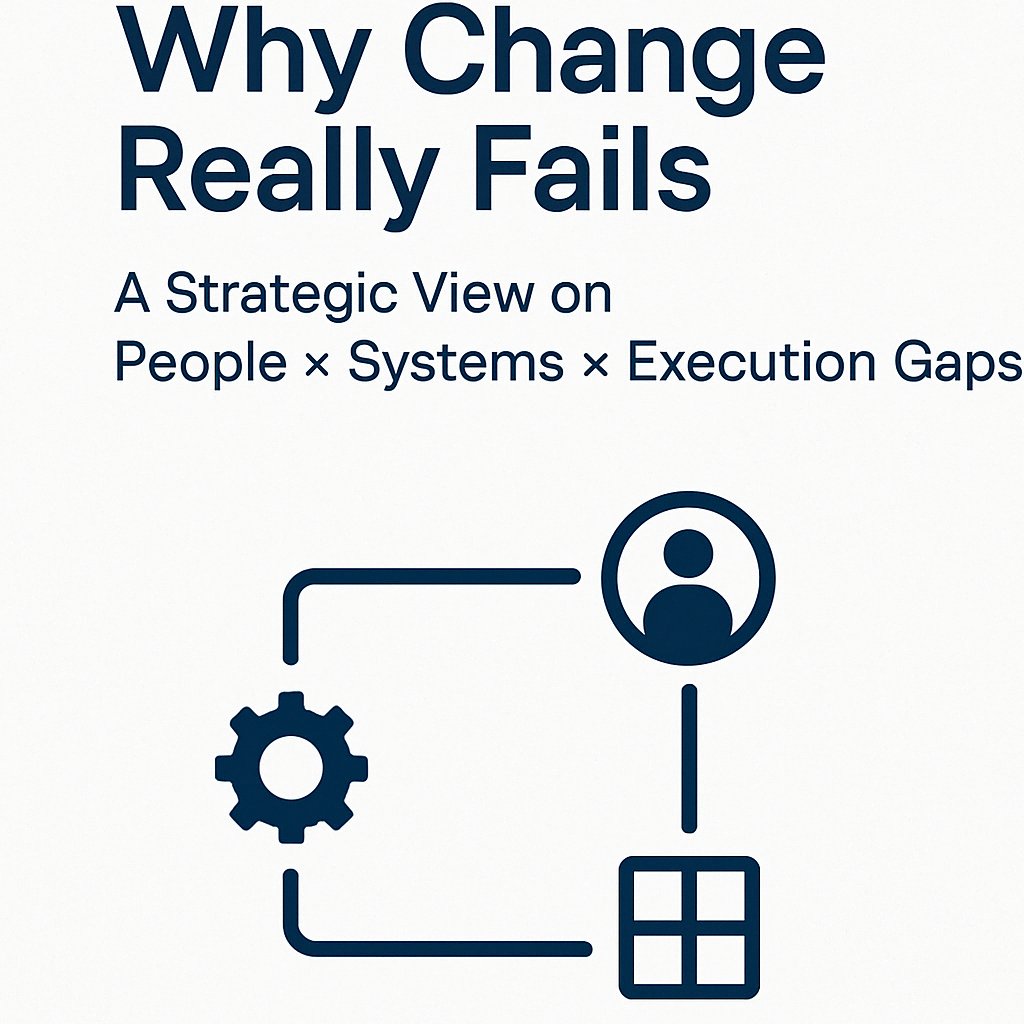Feb21

February 21, 2022, Putin declares Luhansk and Donetsk independent and sends troops claiming a peacekeeping mission.
Happy Friday!
On this day, February 21, 2022, Russian President Vladimir Putin declared the Luhansk People's Republic and Donetsk People’s Republic independent from Ukraine, escalating long-standing tensions. In a televised address, he recognised these regions, which had been under separatist control since 2014, as sovereign states. This declaration led to Russian troops entering the territories under the guise of a ‘peacekeeping mission,’ violating Ukraine's sovereignty and international law. This pivotal moment followed years of geopolitical manoeuvring. The Donbas region had experienced conflict since Russia’s annexation of Crimea in 2014, resulting in over 14,000 deaths due to pro-Russian separatist activities. Putin’s move was not just a regional escalation but part of a broader effort to resist the post-Soviet order and reassert control over former territories. His justification centred on protecting Russian-speaking populations and questioning Ukraine's legitimacy as a nation-state, reflecting deeper post-Soviet identity tensions. By framing his actions as liberation rather than invasion, he sought to legitimise coercion under the pretext of historical grievances and national security. The international community reacted swiftly, with the UN Security Council convening an emergency session. Nations, including the U.S. and EU members, condemned the actions as violations of international agreements, causing immediate financial market turmoil. Putin’s recognition of these territories served as a precursor to a full-scale invasion on February 24, 2022, marking the largest military attack in Europe since World War II and reshaping the European security landscape. This moment underscores how leadership resistance to change can create instability. Leaders who refuse to adapt to new realities often resort to coercion, historical revisionism, and force rather than evolution. Putin’s approach reflects a strategic unwillingness to accept the Soviet Union’s collapse, mirroring how leaders in organisations can struggle to transition from old systems to new paradigms. The competing interpretations surrounding this event, liberation versus invasion, illustrate how leaders shape narratives to maintain control rather than facilitate progress. Lasting change requires all leaders to recognise when resistance obstructs progress and fuels coercion over transformation.
Change Leadership Lessons: The geopolitical dynamics of this historical event demonstrate how unchecked power and coercive decision-making offer stark lessons for organisational change leadership. Putin’s actions reflect a strategic attempt to restore a bipolar global order and prevent a NATO-aligned Ukraine on Russia’s border. Leaders of change must ground their initiatives in ethical principles and ensure legitimacy by aligning with stakeholder needs and rights. They risk facing persistent resistance when decisions override fundamental rights or impose change without broad support. Change leaders must challenge their own assumptions, actively seeking diverse perspectives and contradictory evidence to refine their strategies. They should embrace adaptability, continuously reassessing situational dynamics rather than rigidly adhering to initial plans. Leaders of change navigate complexity by fostering transparency, ethical decision-making, and responsiveness to stakeholder concerns. Change Leaders Shun Legacy Power Structures.
“Change leaders uphold ethical principles, challenge assumptions, embrace adaptability, and reject outdated power structures that fuel coercion and resistance to transformation.”
Application - a2BCMF® Step 7 - Manage Resistance: Organisational resistance often originates from senior leadership and middle management, where entrenched power structures make change difficult to identify and address. Senior leaders may resist change if they perceive it as a threat to their strategic vision, authority, or influence, while middle managers may push back due to concerns over losing control, job security, or increased workload. The change team and sponsor must prepare for both covert and overt resistance, including misrepresentation or erosion of trust in the initiative. Resistant leaders and managers might form coalitions to sustain the status quo, reinforcing outdated power structures. Intervention by senior leaders and executive sponsors is critical to embedding the new way of working and ensuring alignment with the broader strategic vision, whether in a global or organisational change context. For change to succeed, executives and senior leadership must take ownership and drive transformation at every level rather than relying solely on frontline teams. Leaders must be visible and willing to challenge resistance at the highest levels. There should be clear incentives for adopting new behaviours and accountability for failing to do so. Leadership intervention should focus on disrupting resistance by making the new approach easier to adopt and the old way harder to sustain. All interventions must be strategic, transparent, and carried out with respect to drive meaningful transformation.
Final Thoughts: Transformational change succeeds when leaders confront resistance, challenge entrenched power structures, and balance competing perspectives while maintaining clear strategic direction. Sustainable evolution requires aligning organisational vision with ethical principles, systemic realities, and the willingness to disrupt outdated frameworks.
Further Reading: Change Management Handbook - Leadership of Change® Volume 3
Have a fantastic weekend with the ones you love and care for; enjoy some fresh air, exercise, eat, drink, and be happy.
Peter F. Gallagher consults, speaks, and writes on Leadership of Change®. He works exclusively with boards, CEOs, and senior leadership teams to prepare and align them to effectively and proactively lead their organisations through change and transformation.
For insights on navigating organisational change, feel free to reach out at Peter.gallagher@a2B.consulting.
For further reading please visit our websites: https://www.a2b.consulting https://www.peterfgallagher.com Amazon.com: Peter F Gallagher: Books, Biography, Blog, Audiobooks, Kindle
Leadership of Change® Body of Knowledge Volumes: Change Management Body of Knowledge (CMBoK) Books: Volumes 1, 2, 3, 4, 5, 6, 7, 8, 9, 10, A, B, C, D & E available on both Amazon and Google Play:
~ Leadership of Change® Volume 1 - Change Management Fables
~ Leadership of Change® Volume 2 - Change Management Pocket Guide
~ Leadership of Change® Volume 3 - Change Management Handbook
~ Leadership of Change® Volume 4 - Change Management Leadership
~ Leadership of Change® Volume 5 - Change Management Adoption
~ Leadership of Change® Volume 6 - Change Management Behaviour
~ Leadership of Change® Volume 7 - Change Management Sponsorship
~ Leadership of Change® Volume 8 - Change Management Charade
~ Leadership of Change® Volume 9 - Change Management Insanity
~ Leadership of Change® Volume 10 - Change Management Dilenttante
~ Leadership of Change® Volume A - Change Management Gamification - Leadership
~ Leadership of Change® Volume B - Change Management Gamification - Adoption
Keywords: Business Strategy, Change Management, Leadership
 Friday’s Change Reflection Quote - Leadership of Change -Leaders Enable Peaceful Dispute Resolution
Friday’s Change Reflection Quote - Leadership of Change -Leaders Enable Peaceful Dispute Resolution The Corix Partners Friday Reading List - April 18, 2025
The Corix Partners Friday Reading List - April 18, 2025 Breaking Through Mental Barriers: Shifting from Self-Sabotage to Self-Mastery
Breaking Through Mental Barriers: Shifting from Self-Sabotage to Self-Mastery Why Change Really Fails: A Strategic View on People × Systems × Execution Gaps
Why Change Really Fails: A Strategic View on People × Systems × Execution Gaps Beyond the Buzz: What It Really Takes to Build a Business Ecosystem
Beyond the Buzz: What It Really Takes to Build a Business Ecosystem